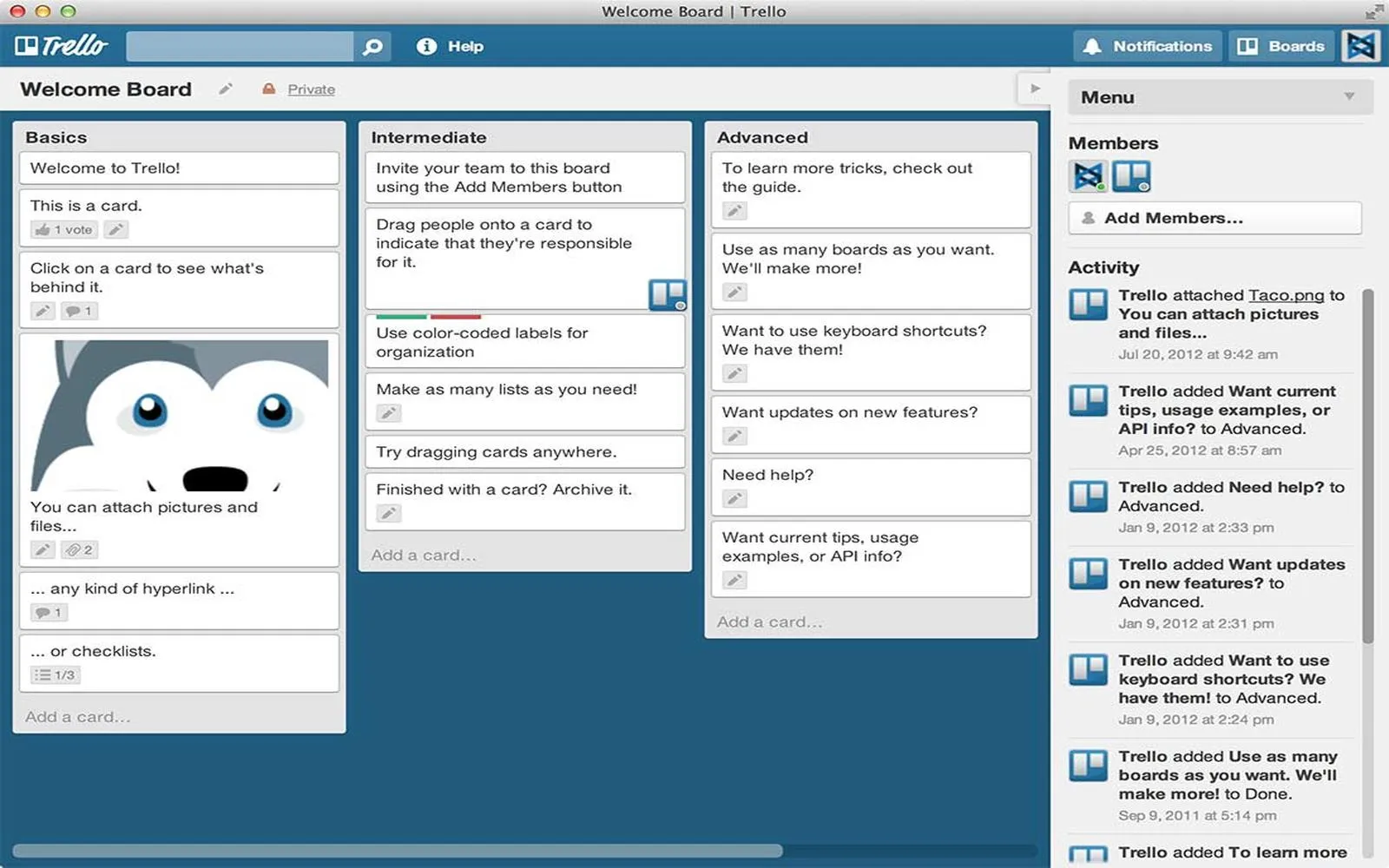Building strong relationships in a remote team is crucial for fostering collaboration, increasing productivity, and ensuring employee satisfaction. In the absence of face-to-face interactions, it’s important to implement strategies that nurture connections among team members. Here are some effective methods to enhance relationships in a remote setting.
1. Foster Open Communication
Effective communication is the backbone of any successful remote team. Encouraging team members to share their thoughts and feedback openly can help build trust and rapport. Utilize various communication tools like Slack, Microsoft Teams, or Zoom to facilitate conversations. Establish regular check-ins and encourage team members to express their ideas and concerns freely.
2. Leverage Team-Building Activities
Engaging in team-building activities can strengthen bonds among team members. Organize virtual events such as trivia games, online workshops, or casual coffee breaks to promote a sense of belonging. These activities can help team members relax and get to know each other better, creating a positive team dynamic.
3. Create a Collaborative Environment
Encouraging collaboration is vital in a remote team. Use project management tools like Asana or Trello to assign tasks and track progress. By working together on projects, team members can learn from each other and develop stronger relationships. Establishing shared goals and celebrating achievements collectively can enhance team cohesion.
4. Recognize and Celebrate Achievements
Acknowledging individual and team accomplishments can significantly boost morale. Use platforms like Bonusly or Kudos to recognize team members for their hard work and dedication. Celebrating milestones, whether big or small, fosters a positive environment and reinforces the value of each member's contributions.
5. Encourage Informal Interactions
Encouraging informal interactions can help break down barriers in a remote setting. Create virtual spaces where team members can socialize, such as a dedicated chat channel for non-work-related discussions. This helps humanize team members and allows them to connect on a personal level, which is essential for building strong relationships.
6. Implement Feedback Loops
Establishing a culture of feedback can enhance relationships among team members. Use tools like 360-degree feedback or regular one-on-one meetings to encourage open discussions about performance. Providing constructive feedback and actively seeking input from team members fosters trust and promotes continuous improvement.
7. Promote Work-Life Balance
Supporting a healthy work-life balance is vital for remote teams. Encourage team members to set boundaries and take breaks when needed. By promoting a culture that values well-being, team members will feel more valued and appreciated, strengthening their connection to the team as a whole.
8. Utilize Technology Effectively
Leveraging the right technology can enhance team relationships. Invest in collaboration tools that improve communication, such as video conferencing software or virtual whiteboards. This ensures that team members can connect seamlessly and share ideas effectively, regardless of their physical location.
9. Establish a Clear Vision and Values
Having a clear vision and shared values can unify remote teams. Ensure that all team members understand the company’s mission and objectives. When everyone is aligned with the same goals, it creates a sense of purpose and belonging, which is essential for building strong relationships.
10. Encourage Professional Development
Investing in the professional growth of team members can strengthen relationships. Provide opportunities for learning and development through online courses, webinars, or workshops. When team members feel supported in their career growth, it enhances their connection to the team and the organization.
Conclusion
Building strong relationships in a remote team requires intentional effort and the right strategies. By fostering open communication, promoting teamwork, and recognizing achievements, you can create a thriving remote work environment. Remember, a connected team is a productive team, and investing in these relationships will yield long-term benefits for both the individuals and the organization.
Key Takeaways
| Strategy | Benefits |
|---|---|
| Open Communication | Builds trust and rapport |
| Team-Building Activities | Enhances team bonding |
| Collaboration Tools | Facilitates teamwork |
| Recognition | Boosts morale and motivation |
| Informal Interactions | Encourages personal connections |
| Feedback Loops | Promotes continuous improvement |
| Work-Life Balance | Enhances employee satisfaction |
| Effective Technology | Improves communication |
| Clear Vision | Unifies the team |
| Professional Development | Strengthens commitment |





